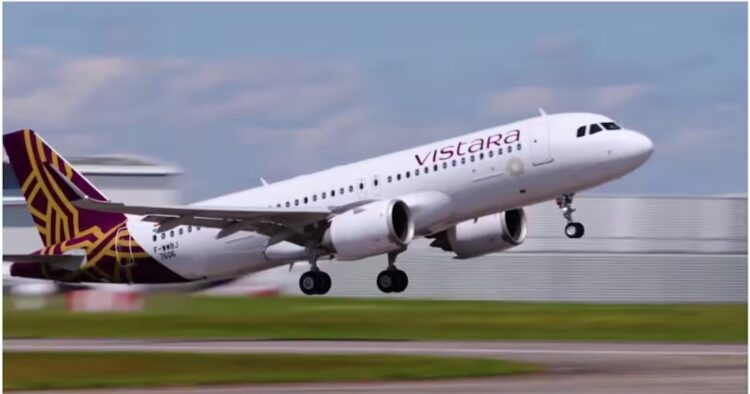Vistara Airlines announced a reduction in their daily flights by 25 to 30, amounting to about 10% of their total capacity. This decision comes amidst recent flight cancellations and delays that have inconvenienced passengers. The airline aims to minimize disruptions and improve customer experience.
A spokesperson for Vistara stated that the scaling back of operations would return them to the flight levels of February 2024, providing necessary resilience and buffer in scheduling. These changes primarily affect the domestic network and have been planned in advance to mitigate inconvenience for passengers.
The airline assured that all affected passengers have been rebooked on alternative flights, with adjustments already implemented for April 2024. Vistara expects stable operations moving forward and has seen improvements in on-time performance in recent days.
Vistara CEO Vinod Kannan issued an apology for the disruptions, attributing them to various factors leading to operational challenges. Despite adequate crew availability, high utilization rates posed difficulties, resulting in the recent disruptions.
Kannan acknowledged concerns raised by some pilots regarding the new contract, with 98% already signed. However, ongoing engagement aims to address queries and maintain stability, with no significant increase in pilot attrition observed.
The recent flight cancellations stemmed from a shortage of available pilots, prompting Vistara to temporarily reduce operations. Over three days in April, more than 125 flights were canceled due to insufficient pilot resources, affecting the carrier’s regular schedule.
Amid Vistara’s merger with Air India, pilot discontent has surfaced over revised contracts. Junior co-pilots face salary cuts due to reduced flying hours under the new agreement between the two airlines.
Air India’s pilot unions have appealed to Tata Group Chairman N. Chandrasekaran to engage in discussions and resolve issues raised by Vistara pilots. The unions seek collaborative solutions to address concerns and ensure smooth operations amidst the ongoing transition.

















Comments